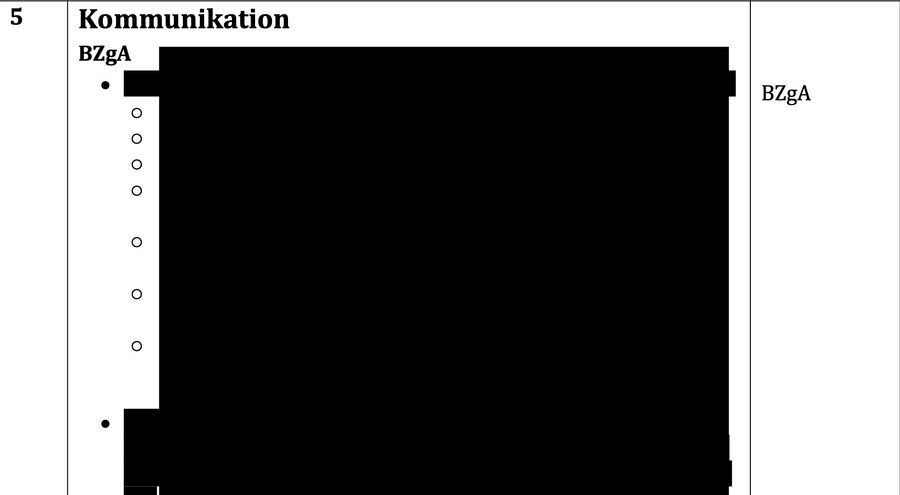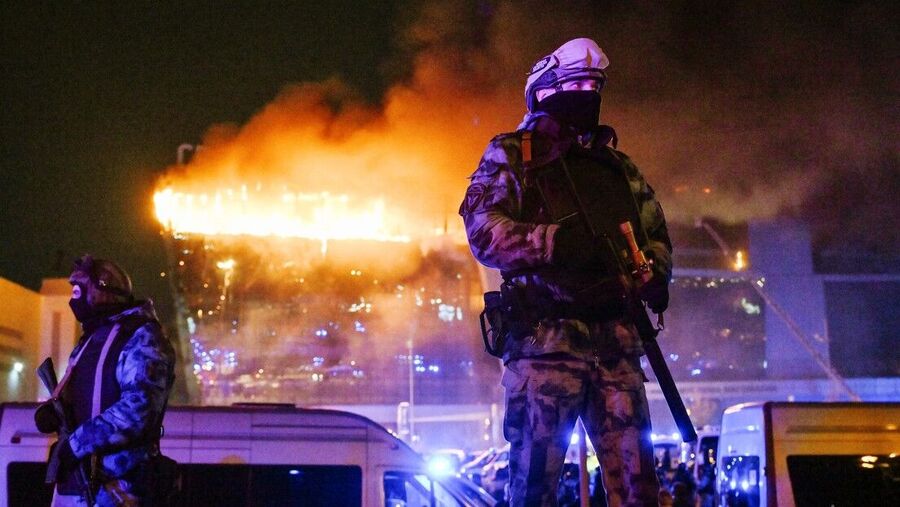The latest
judgment by the High Court in the Assange case achieved completely the objectives of the UK and US states. Above all, Julian remains in the hell which is Belmarsh maximum security prison. He is now safely there
alone and incommunicado, from the authorities' point of view, for at least several more months.Importantly, the United States has managed to keep him detained without securing his actual appearance in Washington.
It is crucial to grasp that the CIA, who are very much controlling the process, do not actually want him to appear there until after their attempt to secure the re-election of Genocide Joe. No matter what your opinion of Donald Trump, there is no doubt the CIA conspired against him during his entire Presidency, beginning with the fake Russiagate scandal and ending with their cover-up of the Hunter Biden laptop story. They do not want Trump back.
Biden is politically in deep trouble. Biden's lifelong political support for Israel has been unwavering to the point of fanaticism. In the process he has collected millions of dollars from the Zionist lobby. That always seemed a source of political strength in the United States, not of weakness.


Comment: As noted in the X post below, these strikes are a violation of international law, and US 'sources' recently acknowledged they would be advantageous. Furthermore, as analysts Almassian, and Beely, write in their posts further below, these strikes in Syria appear to be an attempt by Israel to significantly escalate, and widen, the conflict. One of the strikes against Hezbollah in particular exposes Israel's coordination with the 'Islamicist' terror groups in Syria:
Kevork Almassian:
Vanessa Beely:
Russia foresaw the escalation a few days ago: Russia condemns Israel's latest airstrikes on Syria as 'provocative actions which can lead to extremely dangerous consequences'